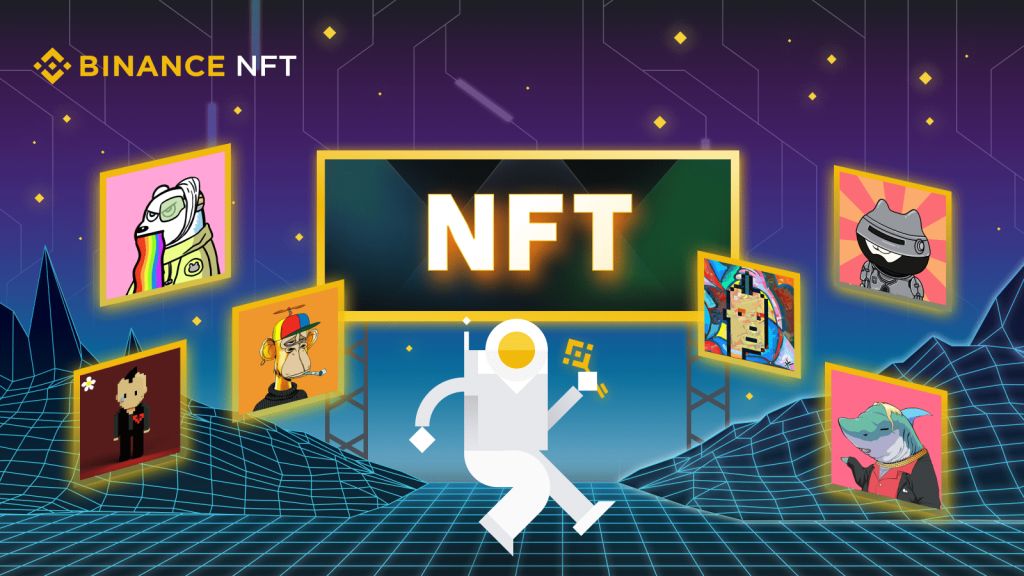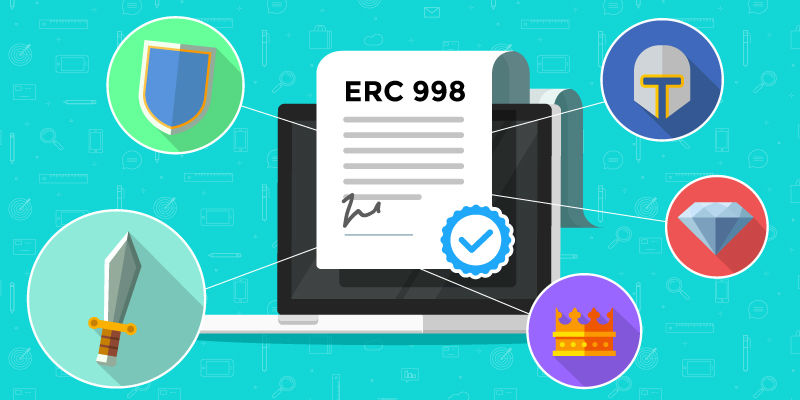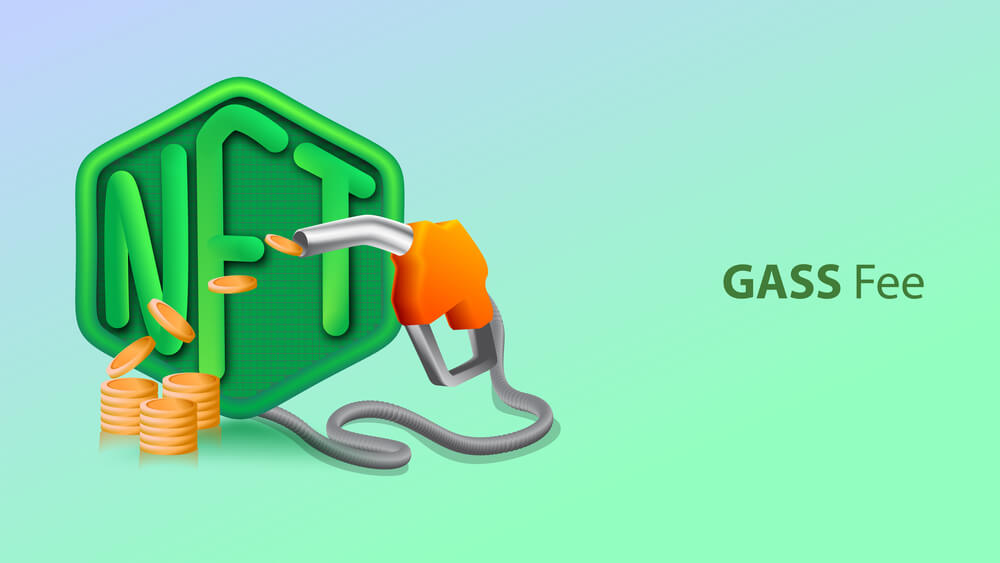Fintech pioneers PayPal might be developing an in-house nonfungible token (NFT) marketplace. It has now become the latest mega-corporation to file patents and trademarks around NFTs and the metaverse.
IP Attorney Mike Kondoudis confirmed the move in a Twitter post dated October 25. In June, PayPal hinted at diving deeper into the metaverse at the CoinDesk Annual Consensus. You can read on to learn more about the patent and what that means for PayPal.
Could PayPal’s NFT Marketplace be the new wave?

What Will PayPal’s Move Into NFTs Mean For The Sector?
In June 2022, during a recent consensus, PayPal CEO said:
“Blockchain tech is slowly redesigning the future of our financial system.”
The NFT/Web3 trademark confirmation from PayPal comes at nearly the same time as another global fintech giant – Western Union announced similar moves. This is a massive push forward to the web3 network and supports faster acceptance and growth of the industry.
The trademark applications include plans for exchanging, trading, and processing transfers of digital assets. The filing goes on to include cryptocurrency, digital, and virtual currencies.
This first trademark application is “downloadable software” for trading and storing cryptos. That is why most speculate a new NFT marketplace exclusive to PayPal is in the pipeline. Furthermore, the other trademark pertains to cryptocurrency payment processing applications.
Nonetheless, this would not come as the first time the firm has dived into crypto. Earlier in 2022, PayPal introduced a pay-via-crypto feature. That enabled users to transfer Ethereum, Bitcoin, and Litecoin to and from the application to external wallets. It includes hardware wallets, crypto exchanges, family, and friends. To add to that, PayPal also said that it would launch a stablecoin at the start of the year.
PayPal Overview
PayPal is among the biggest and most dominant global online payment processors in the world. This platform lets users pay for things and transfer their money online through a mobile payment service or a bank account.
Notably, the application also keeps private user information hidden from the merchants. With over 360 million users in 200 countries, their move into nonfungible tokens and web3 is expected to become a benchmark in the coming years.





